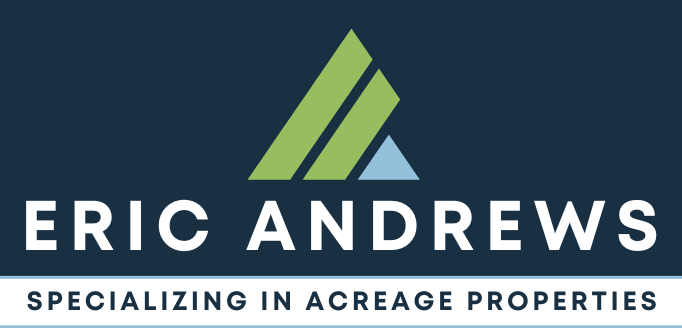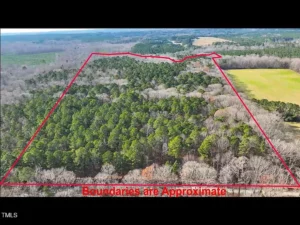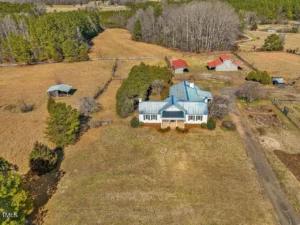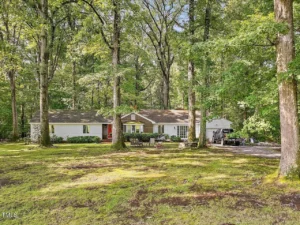Commercial Real Estate Broker Eric Andrews discusses how he structures pay to play contacts when representing sellers who are selling commercial land in Pittsboro, Raleigh, Durham and Chapel Hill North Carolina. A pay to play contract creates an incentive for the buyer to act quickly when purchasing commercial property. It is a performance based contract. With this contract, the seller will get a partial payment after 90 days, and the buyer will need to keep paying the seller throughout the purchase period while they get their approvals. This contact prevents sellers from getting strung along by slow buyers with nothing to lose.
Speaker 1: What is a pay to play contract?
Speaker 2: You got a pay to play. So a pay to play contract is something that’s really separated me from some other agents in the area. Because of the way the market is, you have the sellers that have pieces of land that are very valuable and people will come up to them and put their property under contract. And the seller might think their land is worth a million dollars. And so they’ll say, “Okay, I’m going to pay you full price, a million dollars.” And the sellers are really, really happy. And they’re like, “But I have to get zoning approval. As soon as I get zoning approval, I will pay you your million dollars.” And they’re like, “Great. You get the zoning approval, I’ll get the million dollars.”
Well, it’s not a performance based contract. It’s not a pay to play contract. And so the buyer doesn’t have any incentive to make this go quickly. The buyer is going to want to set up other people to buy their product or procure a tenant or make things happen that make it more financially sound to do the deal or they’re in an escalating market. They’re waiting for it to go up and value. So they can take … I’ve had people come into this office. Their property was under contract two, three, four, even five years time. And they’re like, “This guy’s just taken forever to get approval.” And it’s because the sellers didn’t have a pay to play contract.
So the way we make, we construct the contract and I’m no lawyer. I’m not an attorney, but I’ve been around enough that we know how to make sure the seller has a good strong contract, is we make it more performance based. We make it paid to play. So I right now in the industry, I can’t get you money up front. In the residential world, if somebody puts their house under contract, they’re going to get like a 1,000 or $2,000 due diligence money. I can’t even get that in a big contract, but what I can get is we’ll limit the free look to 60 to 90 days. So the buyer is going to have 60 to 90 days to evaluate the property and see if they want to move forward.
Well, unlike a million dollar property, I’m going to have somewhere in the neighborhood of 25 to $50,000 that is going to move from earnest money to a direct payment to the seller. So the seller after 90 days, time is going to get 50 grand. And then because the buyer should have evaluated whether or not they wish to move forward. They might not have gotten approval, but they see they’ve met with engineering. They’ve evaluated the soils. They’ve looked at the topography. They’ve done a wetland study. They know that it has the potential now to get approval.
Well, then they’re going to need somewhere between another three to six months to get the actual approval, or it could even take 12 or 14 months. That’s within the range of reason right now in the COVID world. And what’s going on with so much development. So now that they’ve gone through that second set, then we make sure that the seller gets another set of money. So they should know that even though it hasn’t been approved, the county or the municipal has come back to them and said, “Do these things, and then we’ll give you your approval.” So they’re at 25 to a 100,000 or excuse me, 50,000 to $100,000 on a million dollar property. Now the buyer is pot committed.
Now they have, they probably have 20, 40, $60,000 worth of inspections, engineering, surveys, but they’ve also given the seller $100,000. So $150,000 on a million dollar property is probably worth … Now, they probably have it figured out where they can now sell the property for two or even $3 million. But the seller isn’t strung along because of the way that this product has been structured. This contract has been constructed. The other thing that we do is we get extra tough on them. They’re like, “Well, sometimes hiccups happen. Sometimes unexpected things happen.” And so we build into the contract 30 day extensions, but those 30 day extensions are super expensive. The 30 day extensions could be 10 or $25,000 a pop. All the money. This is not money in escrow. This is not money in a trust account. This is a check written to my sellers that as long as they don’t breach, they get to keep that money. And after 100 grand, if somebody doesn’t buy your million dollar property, just do it again, do it again, keep on doing it. But that’s what I pay to play contract …
